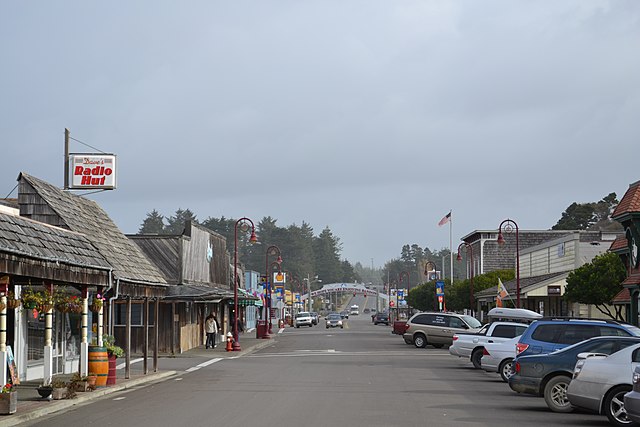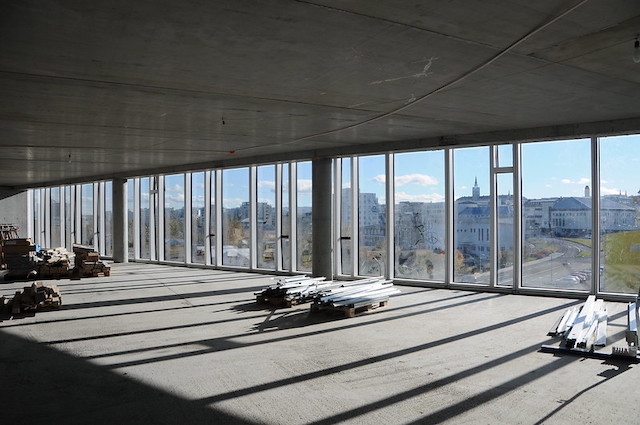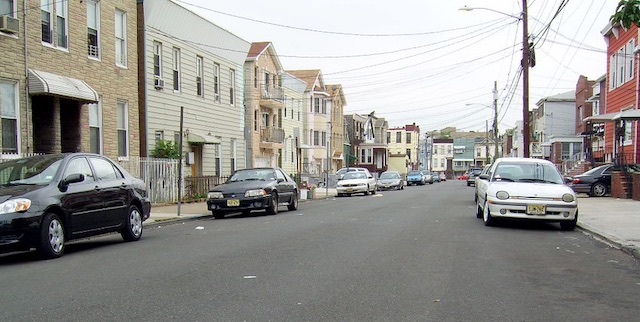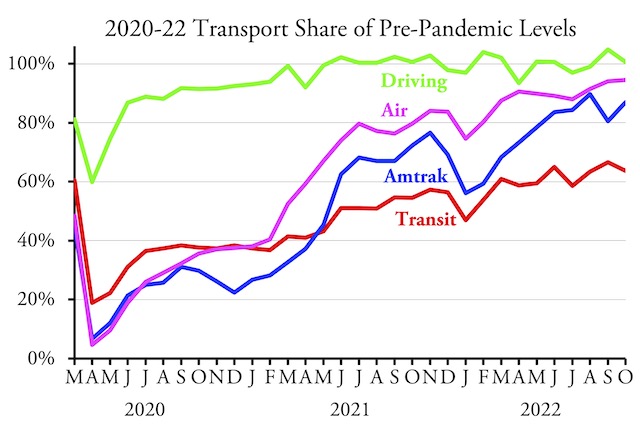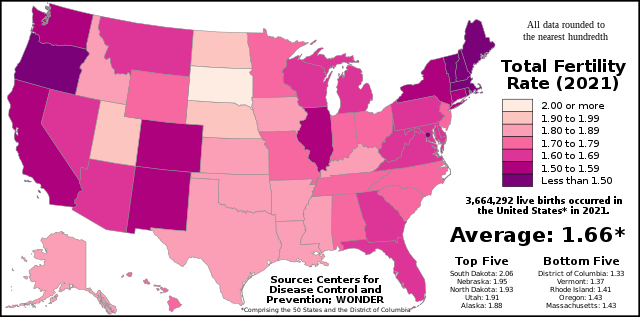Is urban sprawl overrunning the countryside? To answer this question, it is important to define the difference between urban and rural. The Census Bureau is proposing to change its definition, but I don’t believe the proposed change makes sense.
Is this urban or rural? Under the Census Bureau’s old definition, it is urban, but by its new definition, it is rural. Photo by Visitor7.
In 1900, the line between urban and rural was pretty easy. If land was in an incorporated city, it was urban. If it was outside the city limits, it was rural. The main transportation of the day was streetcars, and if you couldn’t get somewhere on a streetcar, it wouldn’t be developed. If a developer built a new streetcar line outside the city and developed that area (which is how most suburban streetcar lines got built), the city would quickly annex the newly developed land. Continue reading

